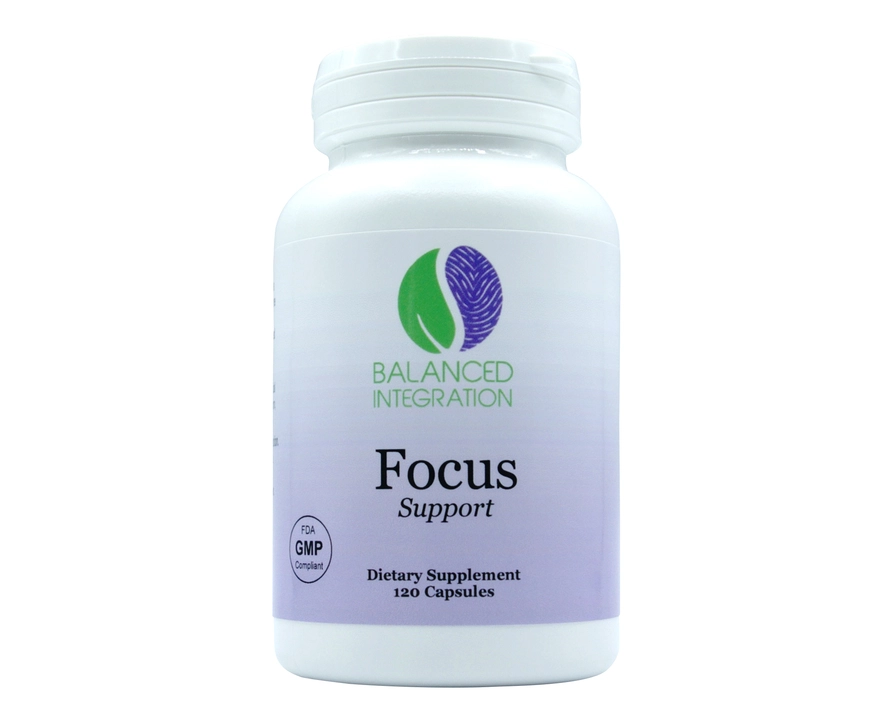Dietary supplement industry: how to spot quality and avoid the risks
Supplements promise a lot—better sleep, weight loss, stronger joints. Trouble is, not every bottle matches the label. If you want real benefits without gambling on safety, focus on a few practical checks before you buy.
How to pick a safe supplement
First, read the label like you mean it. Check the exact ingredient names, amounts per serving, and serving size. If a product lists vague terms like "proprietary blend" with no amounts, consider that a red flag. Look for clear dosage information and a full ingredient list, including fillers and allergens (soy, gluten, dairy).
Next, check for third-party testing. Trusted seals include USP, NSF, and ConsumerLab. These groups test that the product contains what the label says and is free from heavy metals and contaminants. No seal doesn’t always mean bad, but a verified test adds real credibility.
Think about the manufacturer. Reputable brands list contact info, a physical address, and batch/lot numbers. Batch numbers let you trace a product if there’s a recall. If a brand hides behind a PO box or has only a contact form, pause and look further.
Watch the marketing. Bold claims like "cures" or "miracle" should make you skeptical. Legit supplements support health claims like "supports immune function," not promises of medical cures. If a label or ad sounds too good to be true, it probably is.
Buying online: what to watch for
Buy from well-known retailers or the brand’s official site. Marketplaces are fine, but check the seller's rating and return policy. Look for batch numbers and links to third-party test results on the product page. If the seller won’t provide test certificates on request, move on.
Compare prices. Extreme discounts often signal counterfeit or expired stock. Also inspect expiration dates and storage recommendations—some supplements (like probiotics and fish oil) need cool storage to stay effective.
Check ingredient forms. For example, magnesium citrate is absorbed differently than magnesium oxide. For herbal extracts, a standardized extract (e.g., standardized to 50% glycosides) gives more predictability than raw herb powder.
Be careful with interactions. Supplements can change how prescription drugs work. Common examples: St. John's wort can lower blood levels of many meds; potassium supplements and some blood pressure drugs can interact. Always tell your doctor what you take.
Finally, start small. Try one new supplement at a moderate dose for a few weeks and watch for changes or side effects. Keep a simple log: date started, dose, and any reactions. If something feels off, stop and ask a pharmacist or doctor.
The supplement market is big and useful when you choose wisely. Use labels, testing seals, transparent brands, and common-sense checks to avoid risks and get the benefit you paid for.
 2 June 2023
2 June 2023
Unlocking Nature's Secret Weapon: How Bay Leaf is Revolutionizing the Dietary Supplement Industry
I just discovered the amazing benefits of bay leaf and how it's revolutionizing the dietary supplement industry! It turns out that this humble herb is packed with nutrients, antioxidants, and anti-inflammatory properties that can boost our overall health. Best of all, it's super easy to incorporate bay leaf into our diets through teas, seasoning, or even supplements. The industry has taken notice and is now producing a variety of bay leaf-based products for us to enjoy. I'm excited to see how this natural secret weapon will continue to transform our health and wellness journeys!
Latest Posts
-

Pituitary Adenomas: Understanding Prolactinomas and Hormone Imbalances
-

Alfacalcidol and Skin Health: What You Need to Know
-

European Generic Markets: Regulatory Approaches Across the EU in 2025
-

How sorafenib is improving the prognosis of advanced cancer patients
-

Extra Super Avana (Dapoxetine & Avanafil) vs. Other ED & Premature Ejaculation Options

19